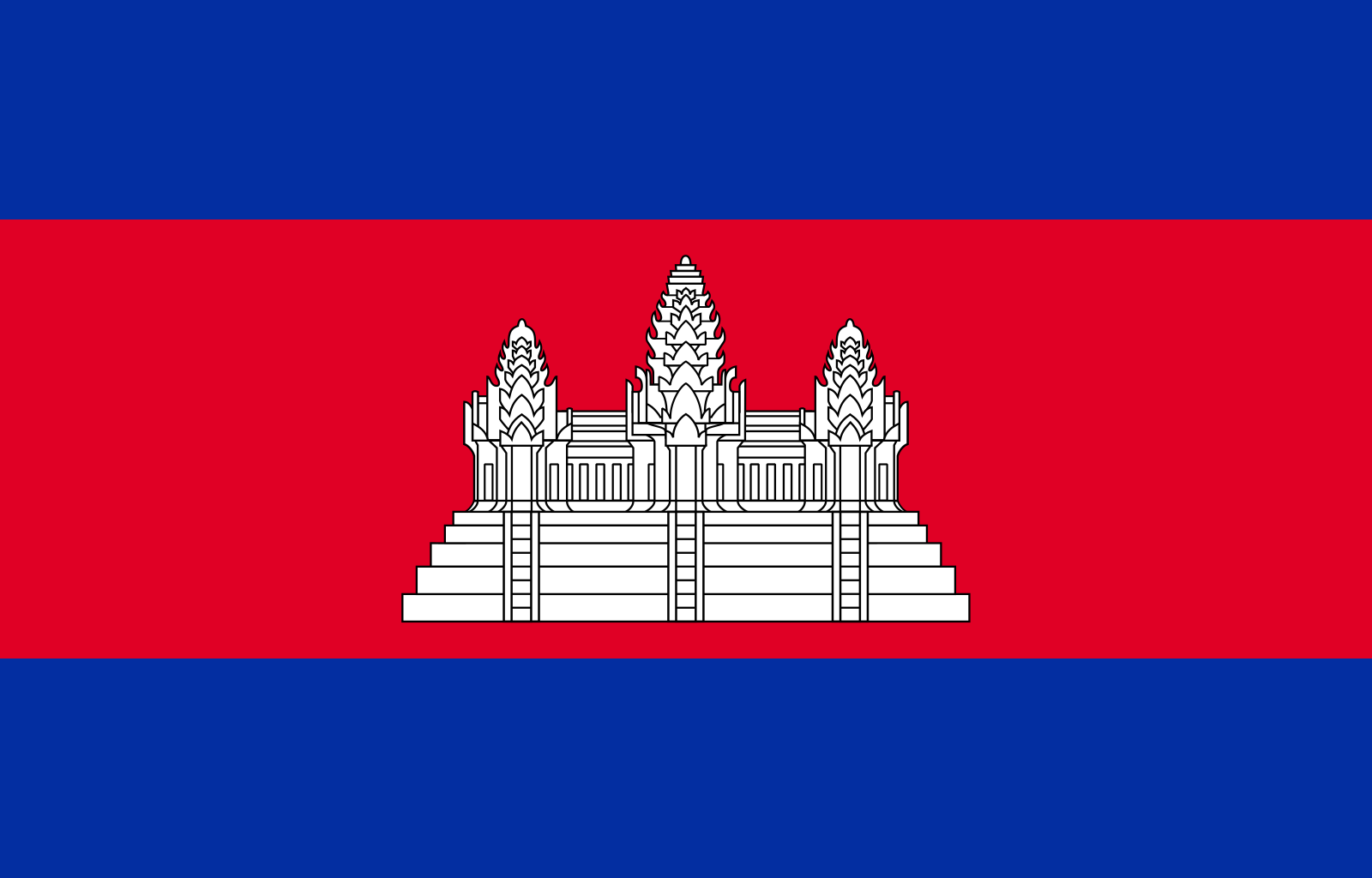Aggregated News

Ten pregnant women and three others with their babies were repatriated to the Philippines after being pardoned by the Royal Government of Cambodia.
The women were recruited to act as surrogates in Cambodia, and were all pregnant at the time of their arrest in September 2024 (see BioNews 1260). Surrogacy is illegal in Cambodia, and the women were convicted of human trafficking offences. Following petition by the Philippine Embassy in Phnom Penh, the Royal Government of Cambodia revoked the women's convictions. The 13 women, and three babies born since their arrests, were repatriated to the Philippines on 29 December 2024.
'Their safe homecoming is a testament to the longstanding friendly relations between the Philippines and Cambodia and the firm commitment of both governments to combat human trafficking and other transnational crimes,' the Philippine Department of Foreign Affairs said in a statement, according to the Nation. They added, 'The Department of Foreign Affairs takes this opportunity to remind the Filipino public that surrogacy is banned in Cambodia and any violation thereof is punishable under Cambodian law.'
The women were...



